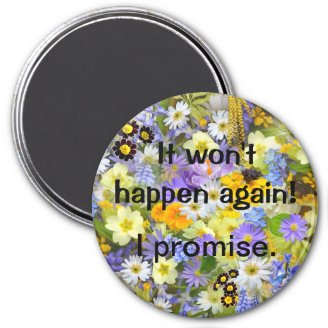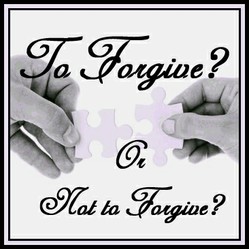Because of your actions or words, someone is now suffering emotional pain and angry at you. There are not very many situations that are more difficult than this. And there are so many ways to hurt a friend, lover, child, parent, partner, colleague. Maybe you broke a promise. Maybe you lied a little bit. Or perhaps you humiliated someone in front of others. Or used harsh and hurtful words in the heat of an argument that you wish you could take back.
You wish it would just go away. You wish everyone would just forget it ever happened. You wish YOU could forget it ever happened.
But it doesn't work that way. If you want honest and trust-filled relationships, you need to be honest and trustworthy. You need to take responsibility for your behavior and apologize.







 Visiting an Art Gallery With a Two-Year-Oldon 07/27/2015
Visiting an Art Gallery With a Two-Year-Oldon 07/27/2015
 Using the News to Enhance Jewish Identity in Jewish Kidson 07/24/2015
Using the News to Enhance Jewish Identity in Jewish Kidson 07/24/2015
 Xi'an - Not Just Terracotta Warriorson 06/09/2015
Xi'an - Not Just Terracotta Warriorson 06/09/2015
 Sew Your Own Wedding Dress - or Your Daughter'son 02/06/2015
Sew Your Own Wedding Dress - or Your Daughter'son 02/06/2015



Comments
It's true, WiseFool. It seems to feel like a humiliation in some way to admit we made a mistake. Yet, as you say, it is much more attractive (or relationship maintaining) than otherwise.
Nice piece, Sheri. I wonder why we (most of us), find saying 'sorry' so difficult. It's almost like we're wired not to admit when we're wrong. Ironically, there's nothing more attractive than when someone CAN admit their wrong and nothing less attractive than when they can't. I guess, 'sorry' really can be the hardest word!